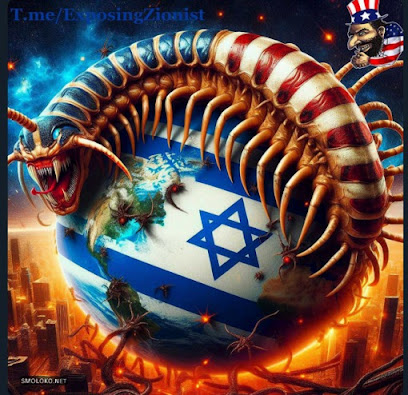Antisemitism surged following the Hamas terrorist attack on October 7, 2023. Antisemitism on social media incited offline incidents including hate crimes, reflected the hostile offline environment, and promoted a social acceptability of antisemitism normalised this hostility. This report provides a vital in-depth analysis of online antisemitism in the months after the October 7 attack. It empirically compares the year leading up to the attack with what followed. It provides examples showing the nature of the harm.The report is based on 160 hours of monitoring by experts, 16 hours on each of 10 platforms: Facebook, Instagram, TikTok, X (Twitter), YouTube, Telegram, LinkedIn, Gab, Reddit, and BitChute. The data has been categorised using 27 subcategories of antisemitism, and summarised into 4 major categories: traditional antisemitism, Israel related antisemitism, problematic Holocaust related content, and incitement to violence. The systematic collection process with the same amount of time spent gathering data for each platform results in a rate of collection and sample size that reflects how prevalent antisemitism was on each platform. This is compared to work using the same methodology over the year leading up to October 7.
Instead of counting the entire amount of antisemitic posts, they chose a sampling method of ten hours per platform, and from that they can obtain a fair comparison between platforms and within platforms before October 7 and afterwards.
To me, the most surprising result was LinkedIn, which had practically no antisemitism before October 7 and became a huge purveyor since then, mostly Israel-related antisemitism.
We hear about antisemitism on TikTok but it is the least bad in number of new antisemitic posts. (It is very bad at taking them down.)
And, no, this survey does not count criticism of Israel as being antisemitic. Their "Israel related antisemitism" on LinkedIn includes things like these:
No one, besides antisemites, would call these legitimate criticism of Israel.
Online antisemitism is often the spark for "real world" antisemitic acts.
The report includes lots of specific recommendations for social media platforms individually and collectively. It is an impressive study.
|
Or order from your favorite bookseller, using ISBN 9798985708424. Read all about it here! |

|





